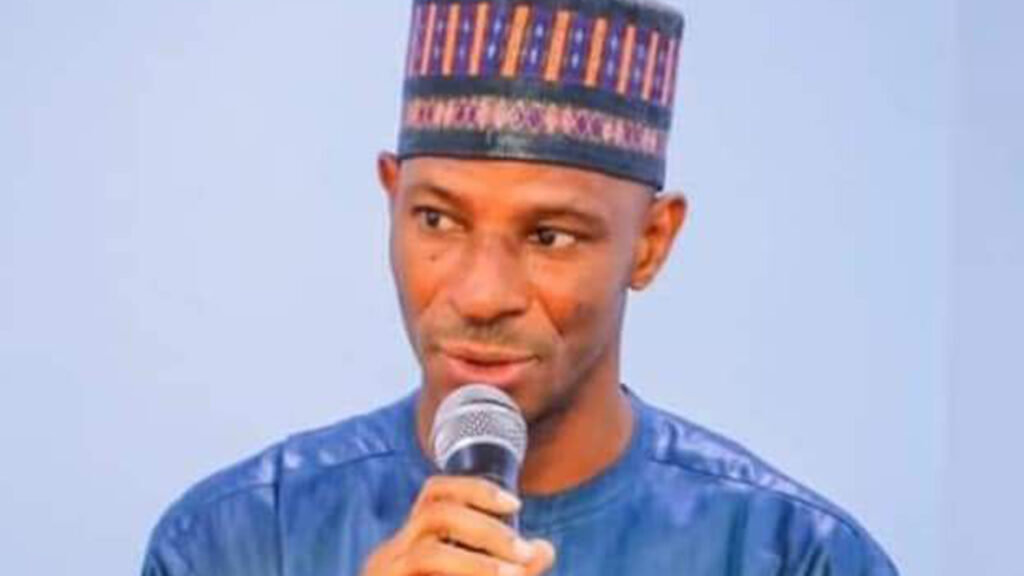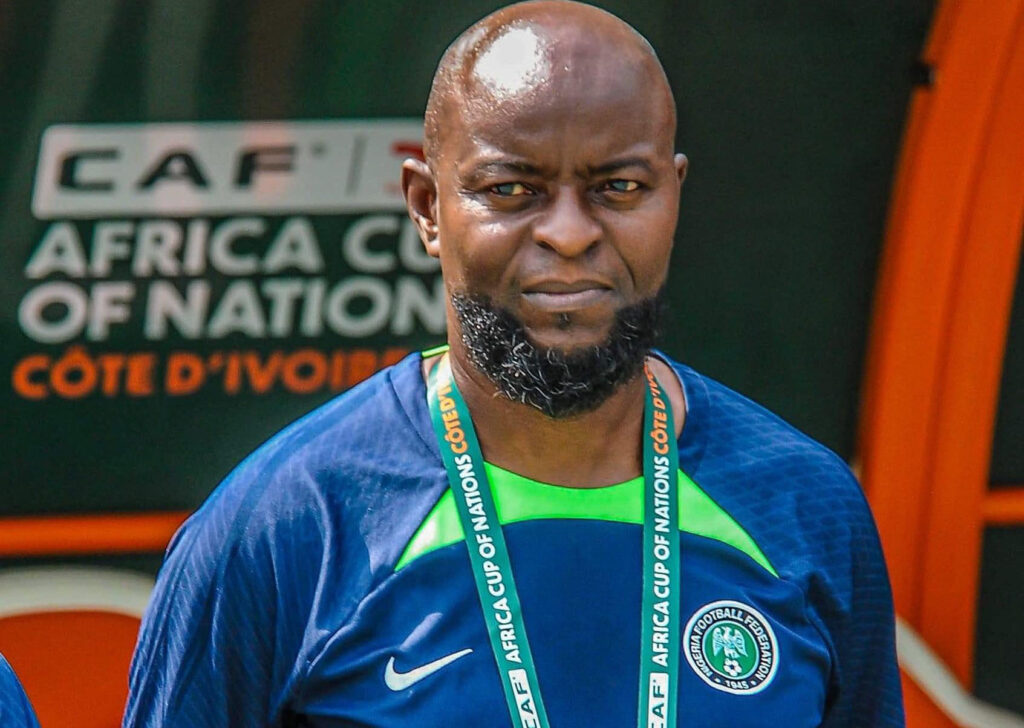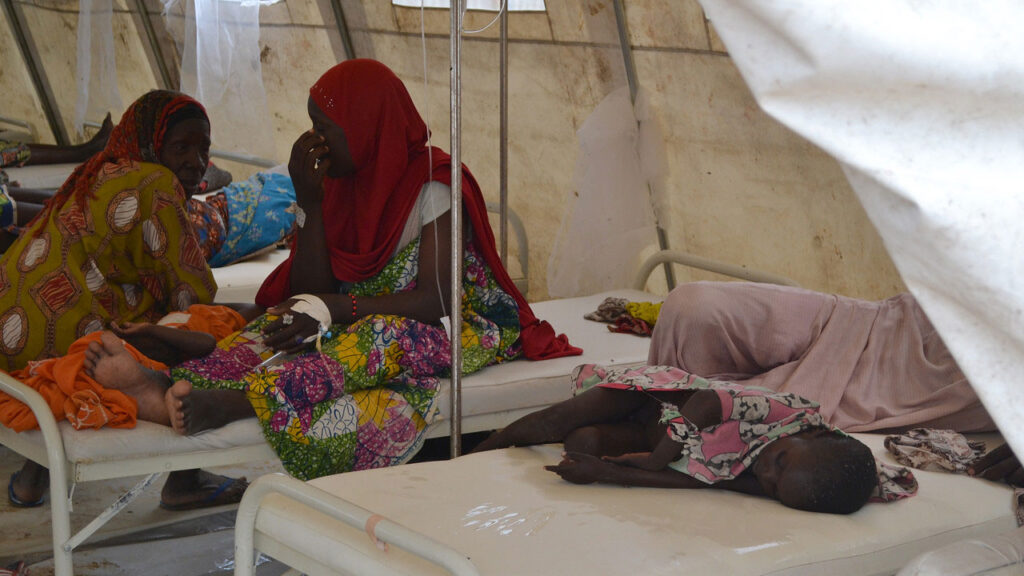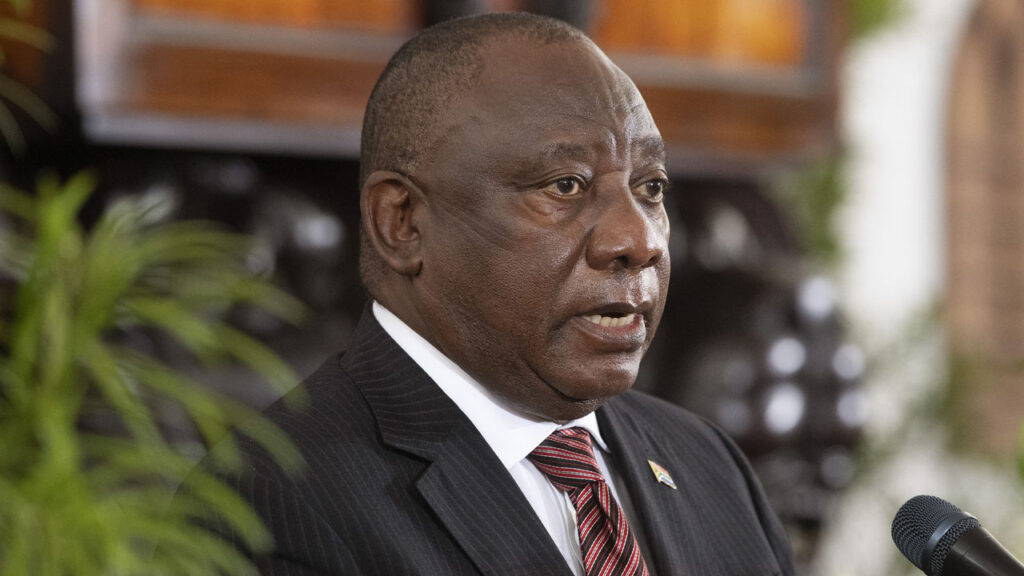 Daily reports of increasing vulnerability of girls to sexual offences, particularly rape, are worrying; and deserve drastic remedial measures from government and the society at large. This is important for Nigeria to belong to the comity of decent countries, in addition to protecting the rights, health and sanity of the girl child in the country. Nigerians are regularly confronted with evidence of worrying trends that the girl child is endangered as the home and school are no longer safe places for her.
Daily reports of increasing vulnerability of girls to sexual offences, particularly rape, are worrying; and deserve drastic remedial measures from government and the society at large. This is important for Nigeria to belong to the comity of decent countries, in addition to protecting the rights, health and sanity of the girl child in the country. Nigerians are regularly confronted with evidence of worrying trends that the girl child is endangered as the home and school are no longer safe places for her.
According to a November 2022 publication – 16 facts about violence against women and girls in Nigeria for the 16 days of activism, a Spotlight Initiative to eliminate violence against women and girls initiated by European Union and the United Nations, half of girl child who experienced sexual violence, experienced it at home; and the second most common location where girls report having experienced sexual abuse is the schools. Again, children feel most unsafe walking to and from school.
In tandem with this, a recent media report states that no fewer than 65 pupils were reportedly raped by their teachers across the country between January and November 2022; and the survivors’ ages range from two to 16 years. This is worrisome because school enrollment should be a protective factor rather than a risk factor. On the perpetrators, they are overwhelmingly people the children know such as relative, teachers, peers and classmates: they are most likely to experience sexual violence in the perpetrator’s home, followed by their own home, at school, at someone else’s home and on a road. This is unfortunate because the home and school are critical child socialization institutions; and are places where children learn morals and values. In particular, they are places where children are nurtured.
This increased vulnerability of girls has shown the extent to which their human rights have been threatened. As the incidence of rape increases, females in societies will increasingly live in the fear of randy males. This unfortunate development in a country that talks about God in every nook and cranny is a paradox. This increasing spate of ’animalistic behaviour’ is a national embarrassment and has become a great concern. It is a great concern not just from a human rights perspective, but also from an economic, health and moral perspectives; not discounting the physical, mental and social impact on the victims.
All said, the alarming trend of girl child sexual assault in Nigeria is inexcusable and universally condemnable. It is evil and should be speedily checked because sexual violence dehumanises the victims and devalues their sense of self-worth. Thus, there must be no place in our society for sexual predators. We must chain and lock this monster in a dungeon and females of all ages must be adequately protected.
Although the law recommends life imprisonment for the offence, cases of rape have persisted. This may suggest that concrete actions have not been taken to tackle the rape crisis in Nigeria with the seriousness it deserves; and the nation is failing the girl child!
In finding explanation for why the cases of rape have persisted, the Director of Amnesty International Nigeria, Osai Ojigho, in a report titled Nigeria: A harrowing journey; access to justice for women and girls survivors of rape, regretted that many victims of rape are denied justice; and hundreds of rape cases are underreported due to corruption, stigma and victim blaming in the country. As such, it increasingly difficult for survivors to get justice while perpetrators get away with this gross human rights violation.
Obviously, lack of persecution of offenders; low rate of prosecution and slow timeline for justice delivery also aid the impunity associated with rape and defilement. Judges are known to adjourn cases till the investigating police officers (IPOs) are transferred to other states or cannot be traced again. Other reasons are lack of access to legal information, aid or protection; states not adopting relevant laws that effectively prohibit violence against women and girls; the low level of awareness about the laws/inadequate efforts on the part of public authorities to promote awareness of/and enforce existing laws.
Rape should not be explained away, condoned or justified. Its seemingly increasing incidents is despicable and a national embarrassment. Rape incidences must be speedily checked because of the huge socio- economic costs on the country not discounting the physical, mental and social impact on the victims. Rape is thriving because culprits are not being punished or seen to be punished. As such, the sanctions should be stiffer, but above all, the law should be enforced to deter prospective offenders.
Hence, there should be a system to encourage people to report incidents of rape to the police and to improve the speed and sensitivity of the processing of cases by the courts. The mechanisms should include dedicated domestic violence units, sexual crime units, gender training for the police and court officials, women-only police stations and courts for rape offences. The President, the Inspector-General of Police, the Chief Justice of Nigeria and all other duty-bearers, including state governors, security agencies, traditional and religious leaders, should as a matter of urgency, address this worrisome insurgence of the violation of girls’ rights to dignity, peace of mind and body; by ensuring that anyone caught faces the law.
In addition, violence against children and particularly girls should be prioritized. Governors should support the passage of Child Rights Act across all states; and the country needs to scale up child protection service delivery across sectors and fast track cases of child abuse. Specifically on rape in schools, the recent National Policy on safety, security and violence-free schools and its implementing guidelines should be urgently applied to school settings. This includes teachers’ mandatory reporting of cases of violence, safety of physical spaces (toilets, fences, security, etc) and close collaboration of schools with other sectors such as social, legal and health services.
Also, social censure that is public repudiation of violent behaviours and/or perpetrators should be adopted by individuals to reverse the trend. Hence, it is imperative that citizens also assist government and all its agencies in bringing an end to this discrediting act of inhumanity by reporting all suspected rapists to the appropriate authorities to ensure that culprits are judiciously brought to book. This will reduce the impunity with which rapists have been operating in the recent past.












